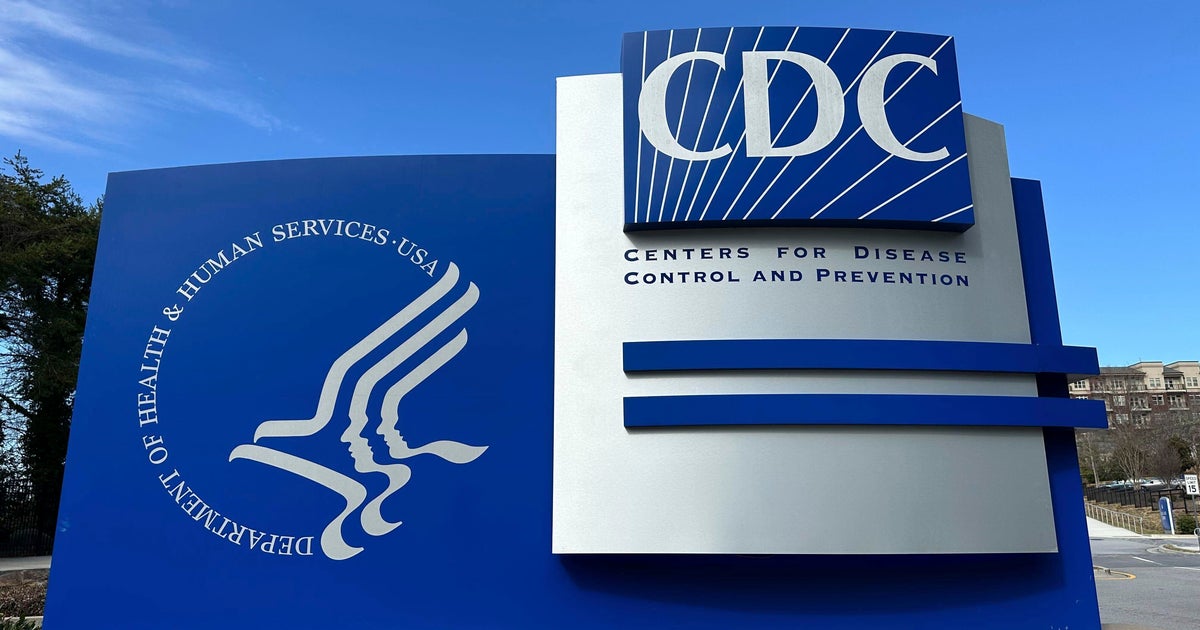Resignation of CDC Official
An official of the Centers for Disease Control and Prevention (CDC) has resigned, prompting the agency’s network to examine trends of hospital stays of infectious diseases such as Covid-19. This comes after the Secretary for Health and Human Services, Robert F. Kennedy Jr., issued commands to change the agency’s vaccine recommendations.
Background
Dr. Fiona Havers’ last day at the CDC was Monday, as announced by an agency officer sent to her branch within the agency’s coronavirus and other divisions of the respiratory virus. The resignation was reported shortly after Reuters first reported on the matter. In an email sent to colleagues before the announcement, Havers expressed concerns about the use of data, stating that she was "no longer confident that this data is used objectively or assessed with an appropriate scientific strict to make evidence-based vaccine guideline decisions."
Impact on the CDC
A researcher for infectious diseases who worked with Havers described the resignation as a significant loss for the CDC, stating that it is a "big loss for the CDC." The researcher, who spoke on the condition of anonymity, expressed concerns about the "disassembly" of the specialist knowledge of the agency.
Response from the Ministry of Health and Human Services
In response to the concerns expressed by Havers, a spokesman for the Ministry of Health and Human Services stated that the agency is committed to following the "gold standard of scientific integrity." The spokesman, Emily Hilliard, said that decisions on vaccine policies will be based on "objective data, transparent analyzes, and evidence – not on conflicts of interest or industry influence."
Role of Dr. Havers
Dr. Havers had headed the hospital residence network of the CDC, which collects and examines trends in hospital stays of Covid-19, RSV, and influenza. Her presentations of the results have been prominently featured in meetings of the agency’s Consulting Committee for Immunization Practices, which makes updates to the CDC vaccine recommendations.
Significance of the CDC’s Vaccine Recommendations
The CDC’s vaccine recommendations are closely observed by doctors and health authorities, as they are bound to federal guidelines that enable access to vaccines, including liability protection and requirements for insurance coverage. The recommendations are typically made by the ACIP, which voices report updated recommendations that are later adopted by the CDC director.
Controversy Surrounding the ACIP
However, in an unprecedented step, Secretary Kennedy has interfered with the process, ordering changes to the recommendations and firing the current list of ACIP members. The 17 members of the American Medical Association who were dismissed by Kennedy condemned the health secretary for "reducing the process by which vaccines were recommended." They expressed concerns that the decisions would have an impact on the success of the US immunization policy and influence people’s access to life-saving vaccines.
Upcoming Meeting
The new membership of the committee will meet next week to coordinate updated vaccine recommendations for COVID-19 and RSV. The meeting is expected to be closely watched, given the controversy surrounding the ACIP and the significance of the CDC’s vaccine recommendations.

